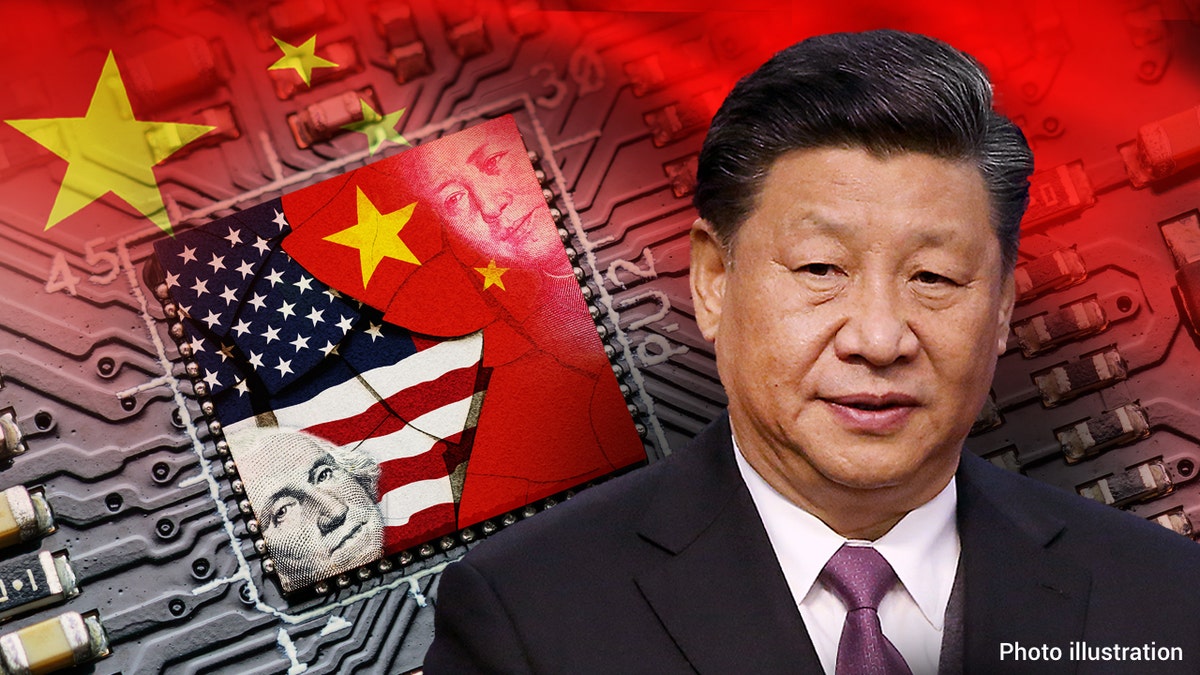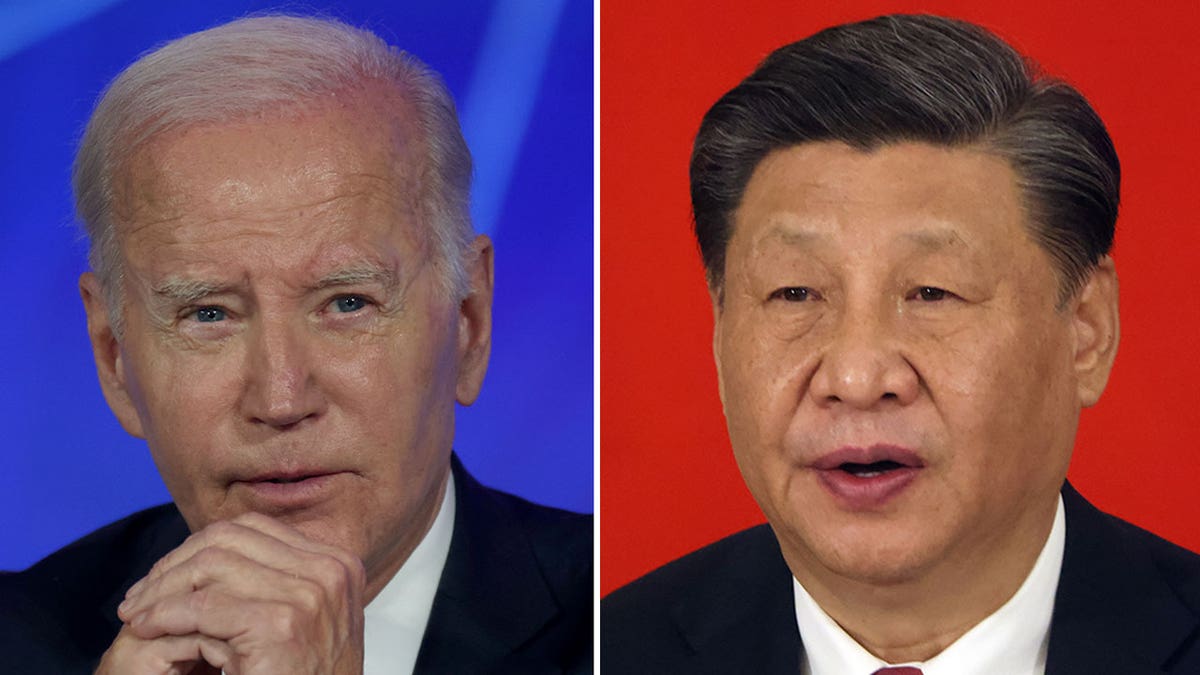China is aggressively pursuing leadership in artificial intelligence, aiming to harness its transformative power and become the world's dominant AI force. State media, including the Chinese Communist Party's mouthpiece, the People's Daily, has emphasized the nation's commitment to AI development, highlighting its potential to revolutionize industries and reshape daily life. The newspaper pointed to potential benefits across various sectors, from office work to medicine and weather forecasting.

This push comes amidst growing concerns from U.S. experts about China's technological ambitions. A recent report by the Center for Strategic and Budgetary Assessments acknowledges the current U.S. lead in industrial and national security technology, but warns that China is rapidly advancing in areas like AI. While the U.S. benefits from its role in shaping the current global tech landscape, China sees an opportunity to establish dominance in emerging fields like 5G, quantum computing, and biotechnology, along with AI.

The report stresses the urgency for the U.S. to address vulnerabilities and maintain its advantage, as China aims to achieve its technological goals within the next decade. One of the report's authors emphasized China's intensified focus on AI, suggesting they believe they have a strong chance to become global leaders in the field. The release of ChatGPT last November further underscored the strategic importance of monitoring China's AI progress, particularly its potential to boost economic productivity.

The Chinese government has signaled its prioritization of "artificial general intelligence" development and fostering an innovative ecosystem, while acknowledging the need to manage associated risks. PwC predicts a substantial boost to China's GDP by 2030, attributed to AI advancements. However, challenges remain, including a shortage of specialized chips, ethical dilemmas, intellectual property concerns, and potential privacy and security risks. The People's Daily acknowledged these challenges and called for collaborative efforts to address them. The Chinese government is also considering new legislation to combat AI-powered telecom and online fraud, particularly the use of face-swapping technology. Meanwhile, despite ongoing tensions, the Biden administration has reportedly initiated discussions with China about establishing international norms for AI in weapons systems, highlighting the complex interplay of cooperation and competition in this crucial technological arena.
Comments(0)
Top Comments